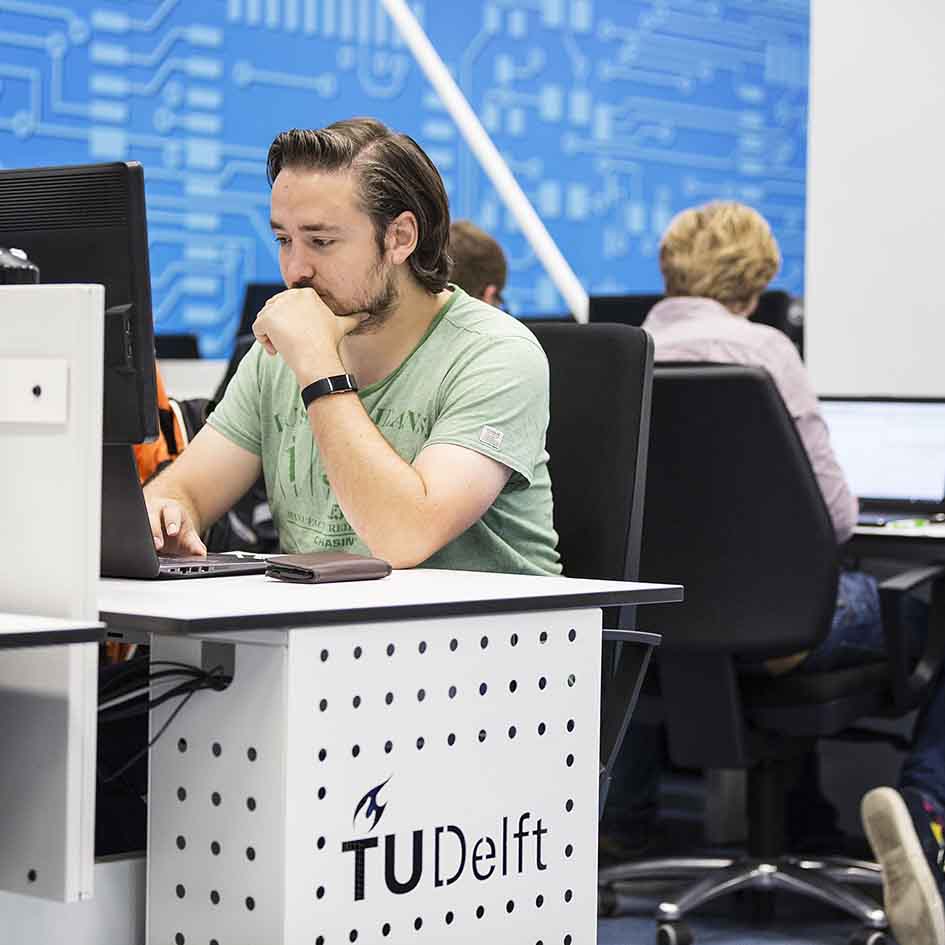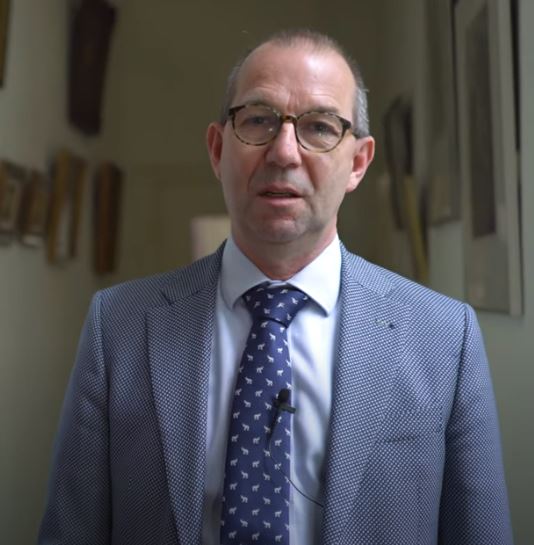‘Reflection is needed in the battle against racism’
In the USA and around the world the Black Lives Matter movement is protesting against racism and police violence. What does this discussion mean for TU Delft? On behalf of the organisation, Vice Rector Magnificus Rob Mudde calls for reflection.
“The dramatic incident in the USA and the current protests are a clear signal. They confront us with racism which is an everyday reality for black people. That is intense”, says Rob Mudde. Diversity and inclusivity are core values at TU Delft: everybody should feel welcome and supported within our organisation, irrespective of their background or culture. Mudde: “You are welcome in the TU Delft community if you are interested in what we do here and have the necessary abilities. Then background, religion, skin colour etc. should make no difference. Sadly we are forced to admit that the reality is different.”
For this reason he sees Black Lives Matter as a wake-up call. “It forces us to face the fact that discrimination and racism are closer to home than you think. Our message to the outside world is clear: discrimination is not allowed, this is anchored in our constitution. But the Executive Board’s call for reflection is expressly directed at our internal community, to our staff and students. Let us seize this as an opportunity to talk about how we deal with racism as a university and what problems we encounter in our thinking and our actions.” Prejudices, for example, are something we all hold. “Things you are not familiar with from your own culture can create feelings of insecurity that lead to caution or reserve. We need to be aware that this can easily result in discrimination and racism. It’s not enough to say that this is not allowed, it’s about adjusting our behaviour and becoming aware of our own prejudices.”
So how should we tackle it? “That is something we are struggling with”, admits Mudde. “As executive board members, you can call us to account on this, and we can draw up procedures and appoint confidential advisors. And we do all these things, but that doesn’t eliminate the problem. As an institute we also need to carry out an active policy of equal opportunities, for example using grants or Fellowships. But racism is not just a matter for the governors, it is something we need to fight together as a community. We all need to look in the mirror and reflect on how we intend to do this.”
Begin at the gate
Particularly in the upper echelons, TU Delft is a predominantly white organisation. “I took my degree in the 1970s; back then you hardly saw any people of colour at the university, so it’s hardly surprising that all the governors here now are white. There’s no getting away from that, but looking back in accusation is not productive”, feels Mudde. “To make sure things are different for future generations of university governors we need to act now, beginning at the gate. After all, it’s a bit strange that we are situated between two very multicultural cities yet this is so little reflected in our student intake. We, the executive board, feel that this is a task for us, because we should be here for all students.”
The way our education is organised means there are many selection points from a young age. Mudde: “These put children from higher social circles at an enormous advantage. I am looking for students who have talent and interests, full stop. Minority students from Rotterdam-Zuid, for example, have had to surmount so many obstacles along the way before applying at TU Delft that they don’t even make it to the gate.” So the selection process that is meant to ensure pupils and students find the place in our education system where they can develop to the best of their ability, inadvertently reinforces selection along social and ethnic lines. “How can we help these groups? At TU Delft we have not yet found an answer to this, and as a consequence we do not see a reflection of society in our student population. We have a lot of ground to make up here. Our own selection for admission probably suffers just as much from implicit biases: how can we recognise these and what can and must we do about it? We don’t have a ready-made answer to these questions either.”
According to Mudde, the way forward is to be found in dialogue. “A dialogue that begins with looking in the mirror. What prejudices do I hold? Even just acknowledging that these prejudices exist is a step in the right direction. Let us firmly seize this opportunity to help this dialogue progress further.” This is a task for the entire TU Delft community, led by the TU Delft Diversity Office. On 19 June, Mudde will make a start by engaging the African students in a discussion, because the last thing we need is for this to remain a cosy chat between white university governors. “Only by entering into discussion with the entire community can we find out where and how things can and must change.”




Comments are closed.